
 Instagram
Instagram
What Should Blood Sugar be at Bedtime UK?
.png?v=1674491190132)
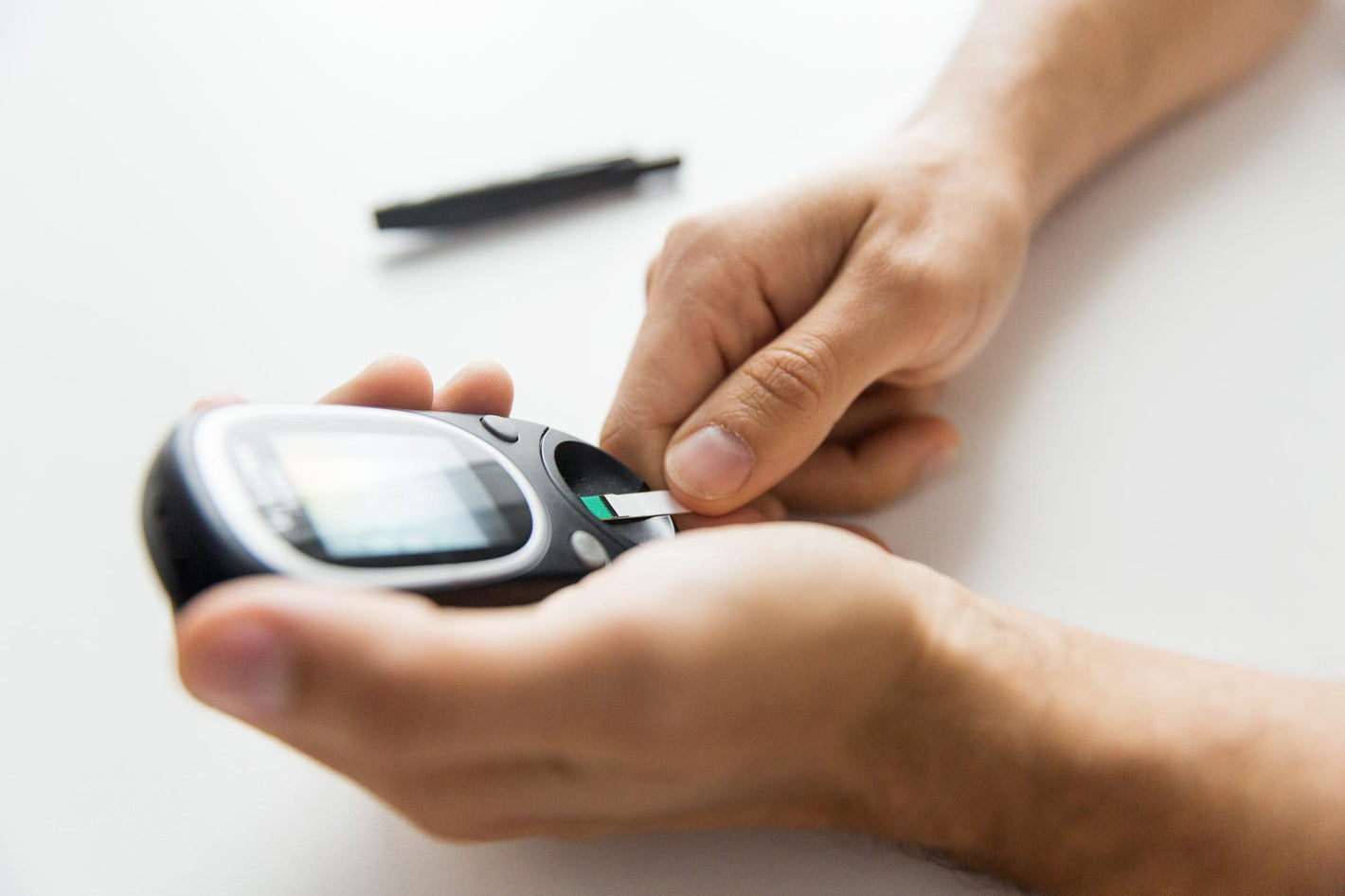
Related products
Blood sugar, or blood glucose, is the primary energy source for the body's cells. Maintaining healthy blood sugar levels is crucial to prevent complications such as diabetes, heart disease, and nerve damage. The National Health Service (NHS) recommends that the target range for blood sugar at bedtime should be between 6.7 and 7.8 mmol/L for most people with diabetes.
What is the Importance of Blood Sugar?
Blood sugar is a type of sugar in the blood that is carried to the body's cells for energy. When we eat food, our bodies break down carbohydrates into glucose, which is released into the bloodstream. The pancreas, a gland near the stomach, produces insulin that helps regulate blood sugar levels by allowing cells to use glucose for energy.
Suppose the body does not produce enough insulin or cannot use it effectively. In that case, blood sugar levels can become too high and may lead to hyperglycaemia. On the other hand, if blood sugar levels become too low, a condition known as hypoglycaemia can occur. Both hyperglycaemia and hypoglycaemia can be dangerous and should be treated promptly to avoid serious health complications.
Read more: Do I have diabetes? Causes, symptoms and treatments
What is the Target Range for Blood Sugar at Bedtime in the UK?
The NHS recommends that the target range for blood sugar at bedtime should be between 6.7 and 7.8 mmol/L for most people with diabetes. It is important to note that these target ranges may vary depending on an individual's age, sex, weight, and overall health. It is always best to consult a healthcare professional to determine your most appropriate target range.
In general, it is recommended that people with diabetes aim to keep their blood sugar levels as close to normal as possible. It can help reduce the risk of complications such as heart disease, nerve damage, and kidney damage. To achieve healthy blood sugar levels, diabetic individuals should change their lifestyle, such as eating a healthy diet, exercising regularly, and taking prescribed medications as directed.
Measure your blood sugar levels by using this test.
How Can I Maintain Healthy Blood Sugar Levels at Bedtime?
There are several measures you may take to maintain healthy blood sugar levels at bedtime:
-
Eat a balanced diet: Choose foods high in fibre and nutrients and low in added sugars and unhealthy fats.
-
Regular exercise can aid in lowering blood sugar levels and improving insulin sensitivity.
-
Take medications as prescribed: If you have been prescribed insulin or other medications to control blood sugar, be sure to take them as directed.
-
Monitor blood sugar levels regularly: Use a blood sugar meter to check your levels at different times, including bedtime. This can help you identify patterns and make necessary adjustments to your diet or medication regimen.
-
Both smoking and heavy alcohol intake can have an adverse effect on blood sugar levels.
By doing these things and working closely with your healthcare team, you can help maintain blood sugar levels within the healthy range before bed and lower the risk of complications.
Read more: How does a blood sugar testing kit work?
Final words
In conclusion, it is crucial to maintain normal blood sugar levels to avoid both low and high blood sugar levels. This can be achieved by monitoring blood glucose levels using continuous glucose monitors and fasting blood glucose tests, as well as adjusting insulin doses and following a healthy lifestyle. Uncontrolled blood sugar levels can lead to diabetes complications and damage to blood vessels, so it is essential to actively manage blood sugar to lower the risk of these issues. The oral glucose tolerance test is also valuable for assessing average blood sugar levels and identifying abnormalities. By properly managing blood glucose levels, individuals can avoid the negative consequences of both low and high blood sugar.
You can immediately check your blood sugar levels by utilising this test.




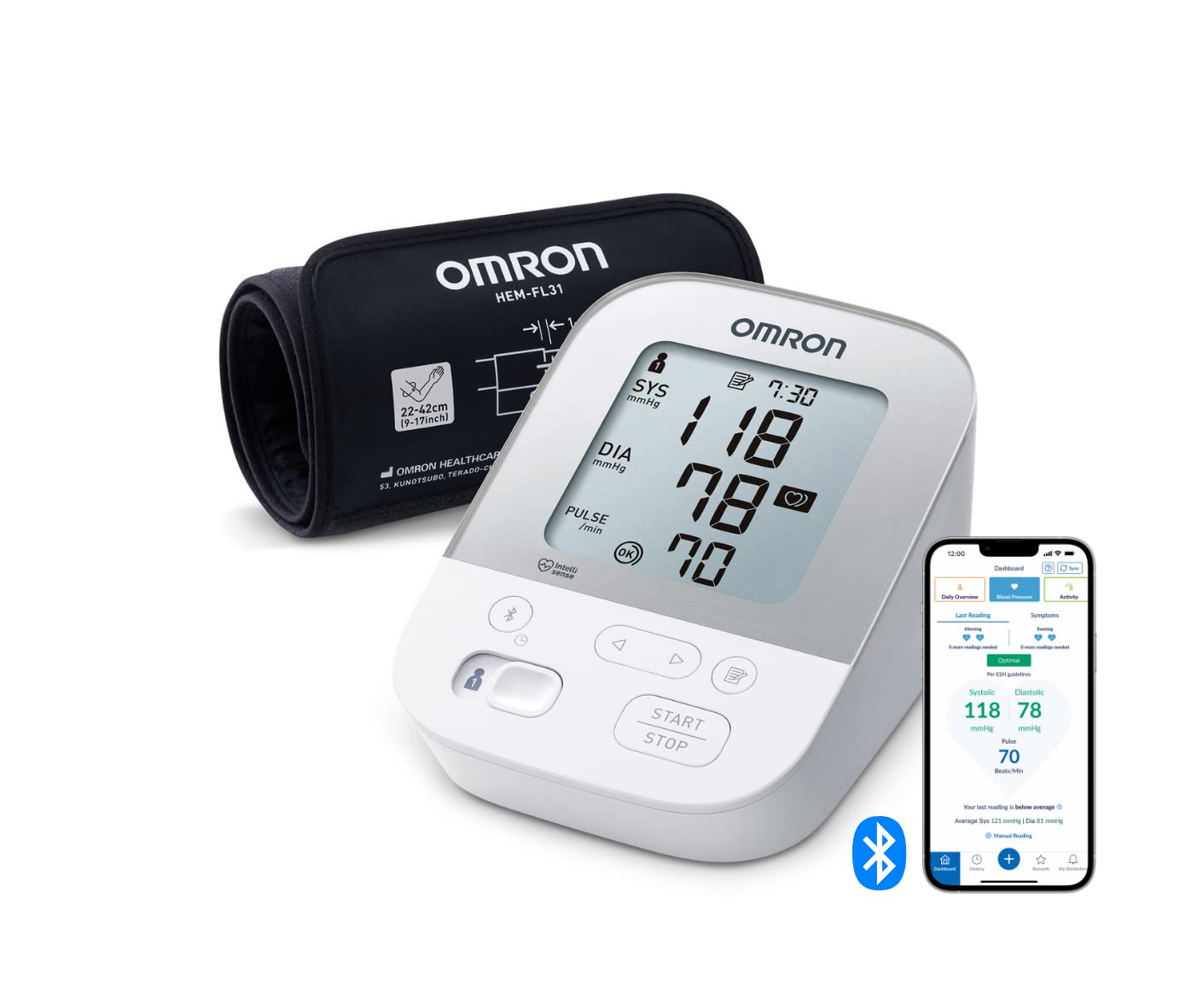








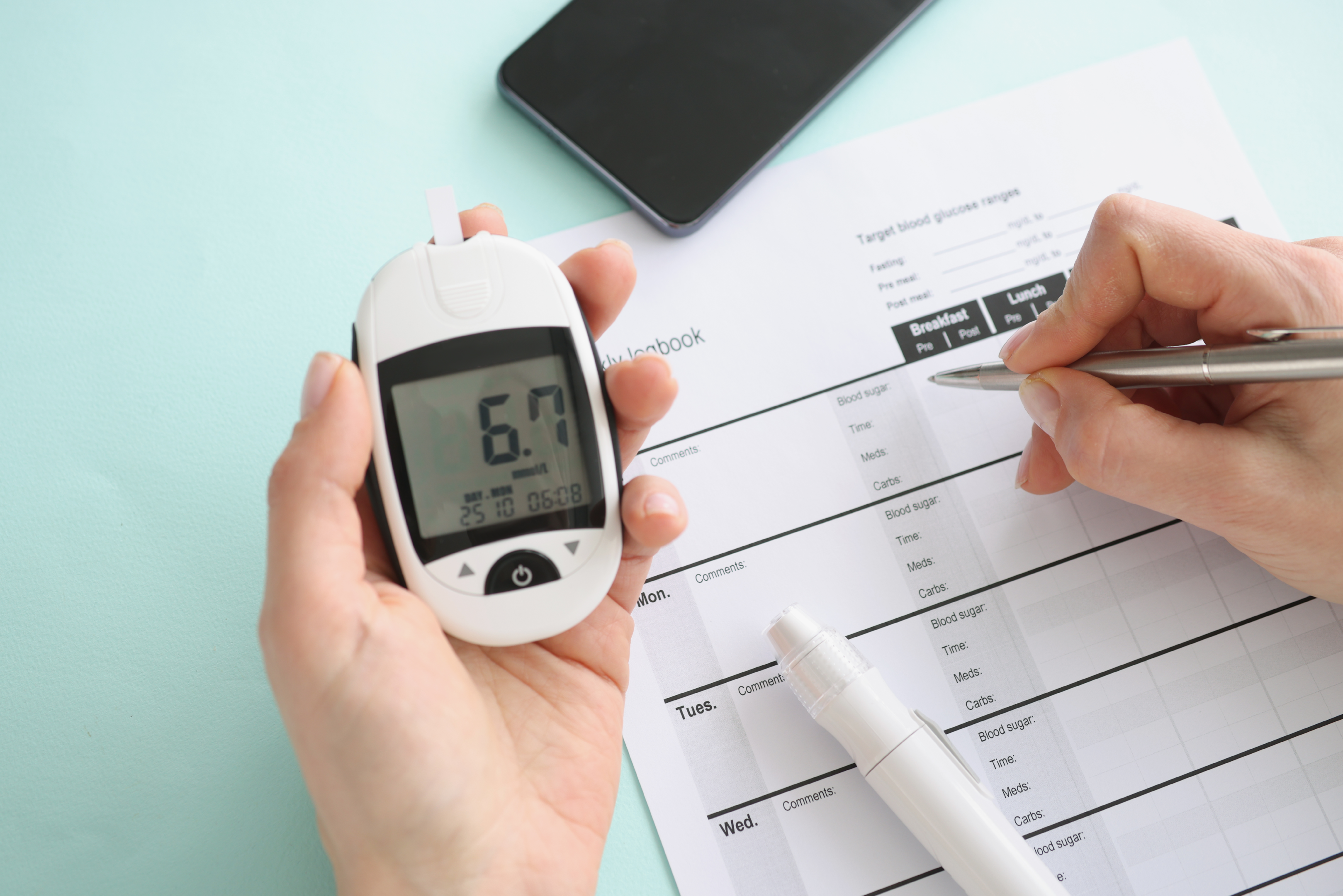
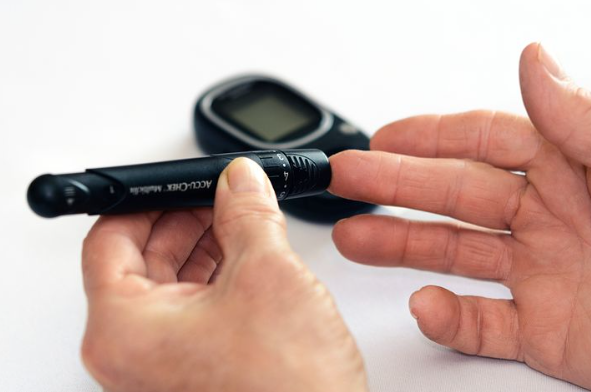

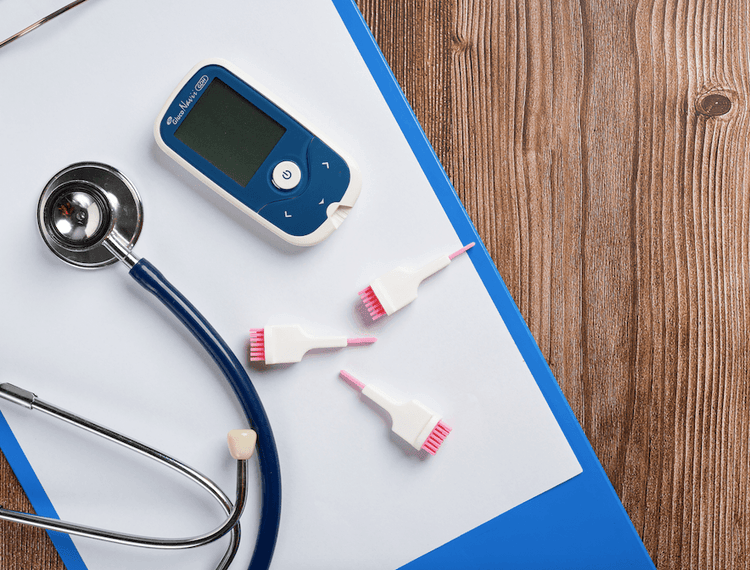




 Rated Excellent by 26,523+ Reviews
Rated Excellent by 26,523+ Reviews